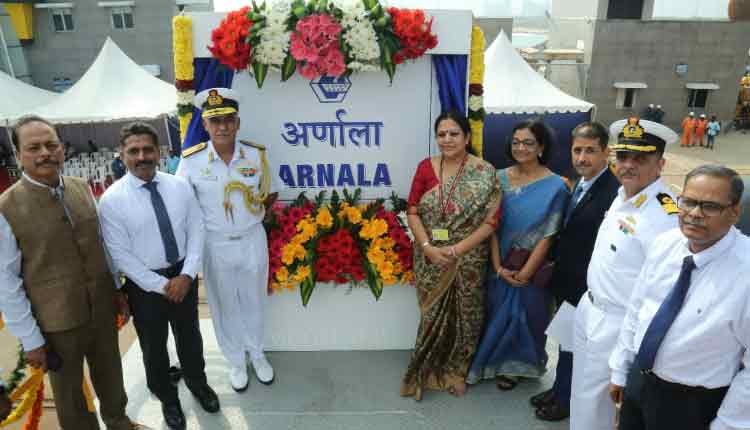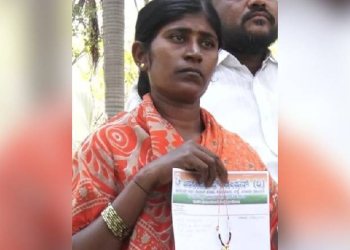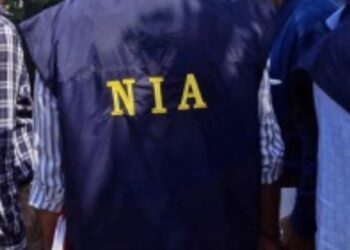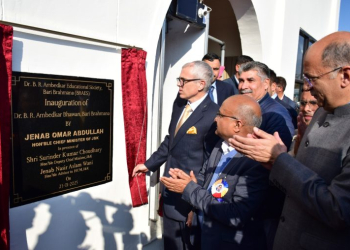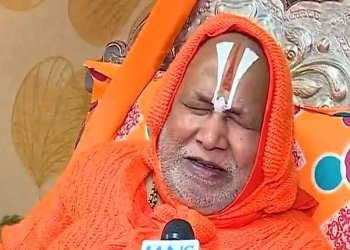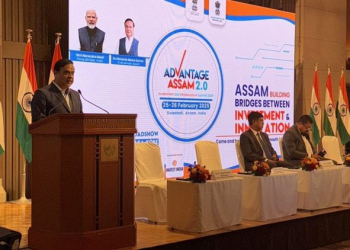Kolkata: INS Arnala, Indian Navy’s first anti-submarine warfare shallow water craft (ASWSWC), being built by the Garden Reach Shipbuilders and Engineers (GRSE) Ltd, was launched by Rasika Chaube, Financial Advisor (Defence Services), Ministry of Defence, at the Larsen & Toubro shipyard in Kattipallu, Tamil Nadu, on Tuesday.
This is the first of eight such ships being built by GRSE for the Navy. Eight more ASWSWC are being built by Cochin Shipyard Ltd.
The first ship will be completed and delivered well within schedule. So will be the others, adding necessary punch to the Navy’s capability to patrol coastal areas where enemy submarines could be lurking.
Incidentally, GRSE became the only defence public sector unit (DPSU) shipyard in India to be honoured with the Raksha Mantri’s Award 2022 for designing the most silent ship. This silent ship was the ASWSWC that was launched.
Though smaller in size as compared to anti-submarine warfare corvettes of the Kamorta Class built and delivered to the Navy by GRSE earlier, these 77.6-metre-long and 10.5-metre-wide vessels pack a punch.
These ships will be capable of full-scale sub-surface surveillance of coastal waters as well as search and attack operations. They will also be capable of carrying out coordinated anti-submarine operations with aircraft. These ships will have combat management systems on board and will be armed with lightweight torpedoes as well as anti-submarine warfare rockets. These ships will have a complement of 57 personnel, including seven officers.
Their three water jets (fitted to marine diesel engines) will provide greater maneuverability and a maximum speed of 25 knots. The greatest advantage is that these vessels will require a draft of only 2.7 metres, allowing them to access the coasts easily in search of sub-surface threats.
Commodore P.R. Hari, IN (Retd), Chairman and Managing Director, GRSE, said during his address that when the ship is delivered to the Navy, it will have 88% indigenous content. He highlighted the importance of timely decision making by all stakeholders to achieve best results.
“I would like to highlight one peculiar aspect of indigenisation. It is like a double-edged sword. While the intent is good and we must indigenise, all of us must be aware of the implications of indigenisation, especially for warship building projects which have tight timelines. While this warship will have 88 per cent indigenous content when delivered, the balance 12 per cent imported equipment and systems are already delivered on schedule.
“It is with this 88 per cent that we are struggling. I completely agree that the pains and struggles of indigenisation are natural when the nation is looking at 100 per cent indigenisation by 2047. So that is where all the stakeholders, all the decision makers, the shipyards and our industry partners must realise that timely decisions are most important to ensure that ‘Make in India’ initiatives are successful,” Commodore Hari said.
Before launching INS Arnala, Rasika Chaube lauded GRSE’s efforts towards keeping the Indian Navy and the Indian Coast Guard supplied with modern warships. She highlighted how, despite India’s best efforts to maintain peace and tranquility in the region and work towards economic progress, our country faces threats.
India has no other option but to keep her defence forces prepared to meet any challenge. She also assured GRSE of all assistance from the Ministry of Defence in years to come.
(IANS)



